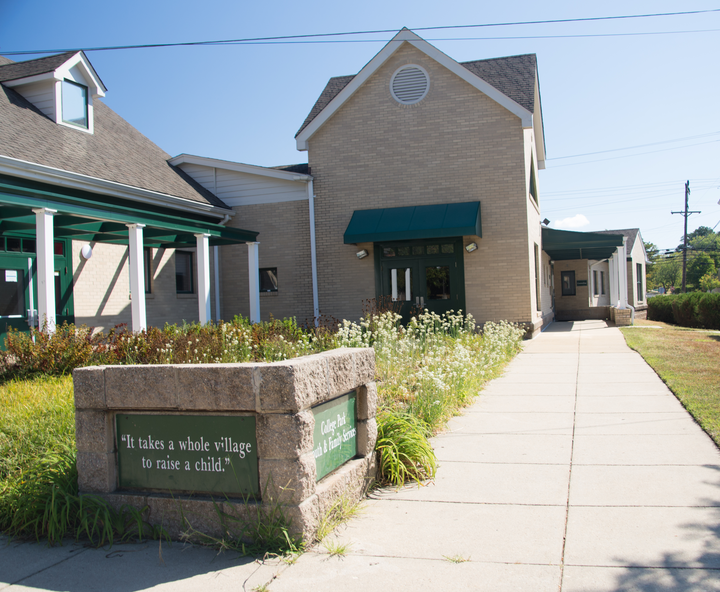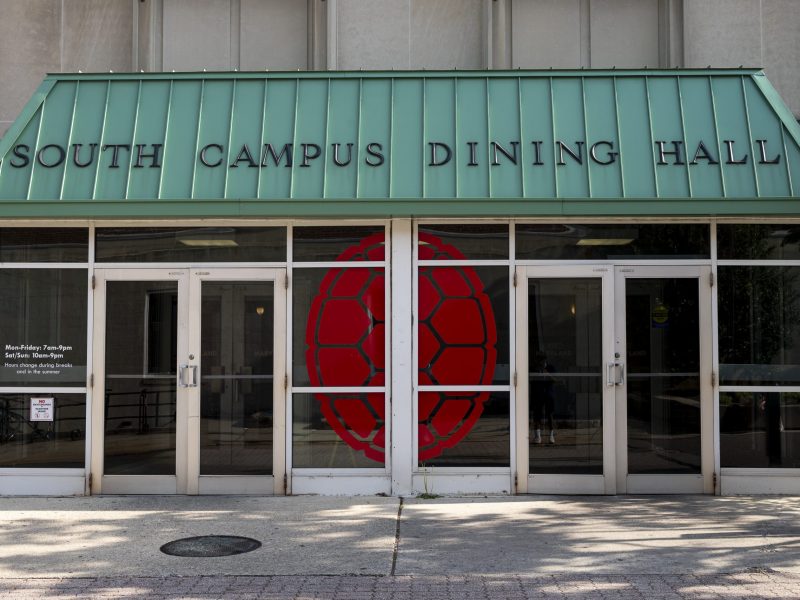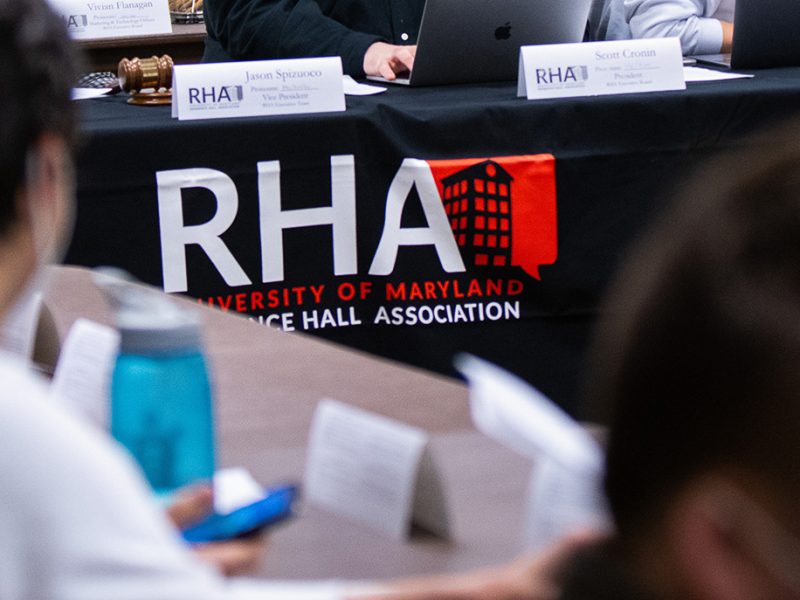By Angela Jacob
@thedbk
For The Diamondback
For the first time in decades, the Youth Service Bureau in the city of College Park might have to fight for funding.
Maryland Gov. Larry Hogan’s office is withholding about $72,000 in funding for the city’s bureau — 75 percent of the bureau’s operating budget — and $281,000 total from the four bureaus in Prince George’s County, which in addition to this city include Greenbelt, Bowie and District Heights.
These bureaus are a necessity for providing mental health services to children from low-income families in this state, Mayor Patrick Wojahn said.
“These are vulnerable children and families who have dealt with mental health issues and issues with substance abuse,” he said. “The Youth Service Bureau in College Park helps them get through that crisis. It is a critical service.”
Currently, 70 percent of the children who seek help from these local youth service bureaus are 12 or under, although children have access to program counselors until they’re 18, said Peggy Higgins, the city’s youth, family and senior services director. This state funding mostly goes toward hiring full-time staff, such as counselors and therapists, District 2 Councilman P.J. Brennan said.
In addition to counseling services, the College Park bureau helps to run the Lakeland STARs community service program on the University of Maryland campus, as well as a program called “If I were mayor” for fourth graders, a Hispanic Parents Support Group and other community events. Their outreach is about 890 children and families a year.
The news about the funds being withheld was a shock to people closely involved with this county’s bureaus, Higgins said.
“The funds were cut suddenly six days before the beginning of the fiscal year,” she said. “When the Governor’s Office for Children released a news release [June 24] about which programs they were funding, they did not include our programs.”
This issue is more than just a concern for the youth service bureaus in the county, Higgins said — it is a challenge to the checks and balances of the state’s government. She noted that lawmakers voted during a legislative session this year to allocate funding to continue the program, making the governor’s action to withhold funding contradictory to that decision.
“It is a very significant issue to the legislature that their directives aren’t being followed by [the governor’s office],” Higgins said. “If this is sustained, then it diminishes the legislature’s role in the budget process.”
Erin Montgomery, communications director from the governor’s office, wrote in an email that local management boards in the state had “repeatedly attempted to work with the poorly performing [youth services bureaus]. … The [bureaus] were not meeting standards despite ample time and opportunity.”
Montgomery also cited “demonstrated ineffectiveness” as the reason for defunding certain bureaus.
Higgins, however, rebuked Montgomery’s reasoning, stating that the Local County Management Board, as well as the Department of Juvenile Services, came to monitor the performance of the local youth service bureaus in March and later validated them for another two years of funding.
Wojahn reinforced this point, adding that “there was no dialogue; there was no attempt to work with us to explain why they feel we were underperforming and how we could fix that problem.”
For now, city government officials have been taking steps to get the word out through social media and various email Listservs. Brennan’s Facebook post on July 26 is one example of their call for community outreach.
“If residents do not want to see this funding depleted or withheld from our city, they can reach out to the state, to the governor’s office … so that they know how important this money is to serving our community,” Brennan said. “We should never take for granted the power of our voices as citizens of the state.”



